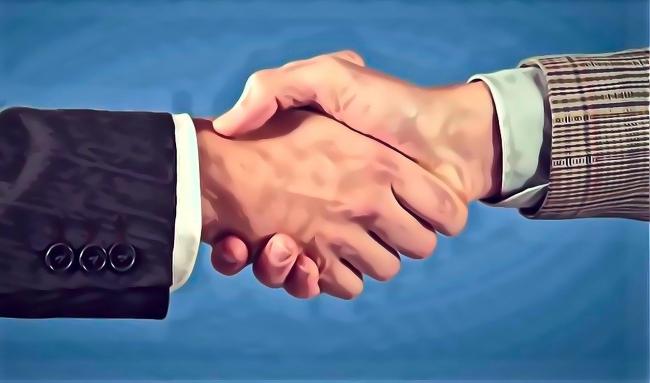It might surprise some to learn that I, a man, consider myself a feminist, especially when women like this one advocate how terribly feminists treat men and why feminism isn’t even necessary:
Obviously there are some serious misconceptions about what feminism is and what it isn’t. I think this picture is a great introductory point to these misconceptions and feminism as a whole. So let’s break down these misconceptions here:
“Not all men are rapists.”
The idea that feminists believe that all men are rapists is misunderstood, at best, and outright wrong, at worst.
While feminists do advocate against rape – it isn’t about placing the blame on men. In fact, feminists seek to change the perception that men are sexual animals who can’t control themselves around women (something the current culture advocates – whether intentionally or unintentionally).
Feminists are essentially empowering men while at the same time educating both men and women on consent, rape, drugs and drinking.
“I am not a victim.”
Feminism does not view women as victims. In fact, feminism views women as inherently powerful and equal to men. However, statistically and historically speaking it has been and is a man’s world.
Feminism seeks to disrupt the consolidation of power and responsibility men have and make sure women have their fair share of both as well.
“I am not OPPRESSED.”
Statistically, women are “oppressed” in that they have less opportunities than men – even if they may not realize it or feel it in their day-to-day life.
Some of this “unrealization” can be put down to the fact that we have all been raised in a patriarchal world and it’s hard to know what could be wrong if you literally don’t have anything to compare it to.
That’s another part of feminism: Changing the perception of what the world is and can be to one that is more balanced between the sexes. And thanks to the relentless work of feminists over the decades that is coming to fruition.
Women have the ability to vote, enter into previously male-only work fields, and be in positions of power largely thanks to the work of feminists. Men can be stay-at-home dads, wear their hearts on their sleeves, and work in previously women-only professions. And while things have certainly gotten better over the decades, there are still improvements that can be made.
“Men have problems too.”
Yes, they do, and feminism is helping them too. Every door that feminists open for women also opens doors the other way for men.
In addition, men have a wide range of choices, outlets, and support to combat their problems that women have struggled to obtain – from courtrooms to places of employment and beyond.
I’d also like to add that just because men have problems doesn’t mean there aren’t women’s issues to tackle or a need for a feminist movement. The two are not mutually exclusive.
“I am responsible for my actions.”
Feminism is all about empowering individuals. It’s all about having both men and women take and share responsibilities more equally. It’s about having an equal stake in forming and molding the world and future.
Feminists are not looking to place men as scapegoats for the world’s problems or blame them – and, in fact, they believe men have been just as damaged by patriarchal teachings in some ways as women have. They would be the first to tell women to take ownership over their actions.
I feel like this statement is hinting back at the rape issue, so I’ll just say this: Both men and women have been misguided by patriarchal teachings and the resulting “rape culture” it has created. Feminism seeks to help both men and women be more wary of things like consent and sex when alcohol and/or drugs are involved. It does not seek to misplace blame or skirt responsibility.
The price of extremism
Now that I’ve said all this, I’ll end with one caveat: There are extremists in any group. So you will find self-proclaimed feminists here or there who are simply “man-haters” – but they are not indicative of the movement as a whole and do not speak for the majority of feminists.









